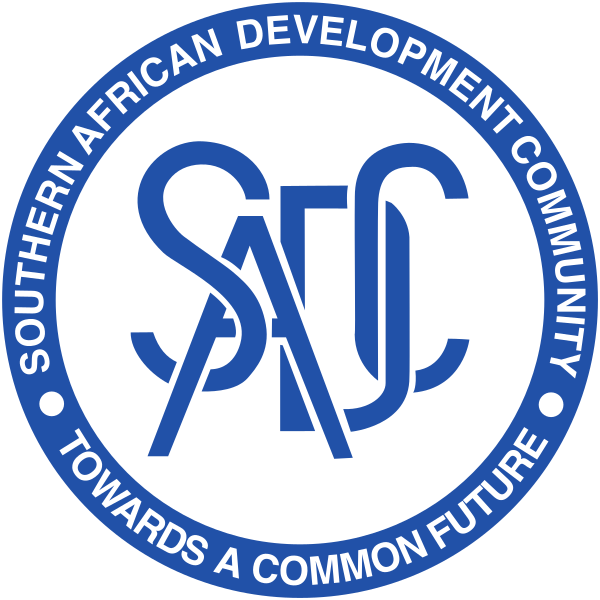A Call-to-Action for SADC Seed Sector Stakeholders.
“While intent is the seed of manifestation, action is the water that nourishes the seed. Your actions must reflect your goals in order to achieve true success.” George Washington.

People around the world will salute Mother Earth by ceremoniously turning off lights at 8 PM local time to mark Earth Hour. But are there more, tangible things we can do to honor and protect our precious Earth? Without a doubt. For its contribution to Earth Hour 2021, the Feed the Future Southern Africa Seed Trade Project would like to challenge the Southern African Development Community’s (SADC) seed sector to take action in five practical ways, beginning today, that will protect the Earth, increase biodiversity, and improve food security across the region, even in the midst of climate change and rising populations.
1 National Governments in the SADC Region
can support the SADC Harmonized Seed Regulatory System (HSRS), which establishes regionally agreed upon standards for trade of high-quality, improved seed and provides clear guidelines on how to grow crops from these seeds so that they produce the highest yields and make sustainable use of soil and water. There are three specific ways Member States can support the SADC HSRS. First, if your country has not yet signed the Memorandum of Understanding to operationalize the SADC Technical Agreements on Harmonization of Seed Regulations, then now is the time. These agreements facilitate the movement of high-quality seed across national borders, which can help stabilize the regional markets and ensure food security. Second, if your country does not currently have national seed legislation that currently aligns with the SADC HSRS, then you can take steps toward developing and enacting an National Seed Law. Third, if your national government has already acceded to the MoU and has a national law that aligns with the SADC HSRS, then the next step is to support implementation by working closely with seed companies and help them be in compliance with the regional guidelines.
2 Seed Companies
can register their improved seed on the SADC Seed Variety Catalogue. The SADC Seed Centre has taken steps to streamline this process, making it easier than ever to apply to the regional catalogue. Once approved, a seed variety listed on the SADC Seed Variety Catalogue can be marketed in any one of the 16 SADC Member States, opening up tremendous possibilities for private sector growth while also giving farmers increased access to high-quality seed. Currently, there are 91 improved varieties listed on the catalogue including maize, cotton, sorghum, beans, Irish potatoes, groundnuts, wheat and soybean. Seed companies are encouraged to not only register their improved seed, but also add to the diversity of seed available to farmers. Women farmers, in particular, are willing to grow a variety of crops including neglected ones in order to increase dietary variety and improved nutrition for their families and communities.
3 Seed Producers
which might include seed companies, cooperatives and independent farmers, can produce approved seed varieties in compliance with the SADC HSRS and either sell to a local market or export to other SADC Member States. Again, once a seed variety is approved on the regional catalogue, it can be marketed and exported to any one of 16 SADC Member States. For example, companies like Seed Co Zambia Ltd. and Lake Agriculture are now producing seed in Zambia for export to seed deficit countries such as Angola, DRC, Eswatini, Lesotho and Mozambique. Zimbabwe Super Seed Cooperative Company, which up until last year did not have access to any markets outside of Zimbabwe, will be exporting sugar bean seed to Botswana, Mozambique and Namibia by the end of 2021.
4 Agro-Dealers
play an important role in connecting farmers with high-quality, improved seed. Seed companies are marketing to specific countries whose soil, climate and rainfall are well-matched. Agro-dealers can become familiar with the information listed on the SADC Seed Variety Catalogue for each approved seed variety and work directly with seed companies to acquire supplies. The SADC Seed Centre updates the list on an ongoing basis, so it is important that agro-dealers frequently check the Catalogue. Further, agro-dealers can offer important technical assistance to farmers who plan to grow improved seed, and therefore should become familiar with the SADC Harmonized Seed Regulations and encourage compliance.
5 Farmers
have a great deal to gain by planting high-quality, improved seed. Not only do they produce higher crop yields, but the increased income that can be generated can help grow business or be re-invested into the family and household. Farmers should reach out to their local agro-dealer(s), inquire about improved seed varieties, and work with them to gain access to these high-quality seed varieties. Further, farmers can play a vital role in preserving seed, soil and water by using sustainable agricultural practices that meet production expectations, promote healthy biodiversity and sensibly manage natural resources. Examples of these types of practices include crop rotation, natural pest management, and naturally suppressing weed growth.

If each stakeholder group does its part, whether creating sound policy that facilitates the trade of improved seed or creating a supply of high-quality or demanding access to better seed, the SADC region has the potential to prosper in new and formidable ways. But most importantly, the seed sector could drive food security across SADC, make the region more resilient to climate shocks and help repair damage done to our Earth in real, meaningful ways. Now is the time.

